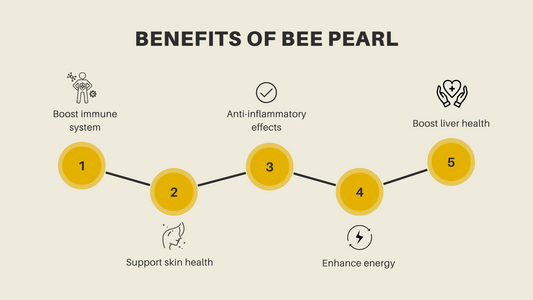Polycystic Ovary Syndrome (PCOS) is a common hormonal disorder that affects millions of women worldwide. It is a condition that can have various effects on a woman's reproductive, metabolic, and cardiovascular health. In this blog post, we will delve into the details of PCOS, exploring its causes, symptoms, and available treatment options.
What is PCOS?
PCOS is a complex endocrine disorder that primarily affects the ovaries, leading to hormonal imbalances. Women with PCOS often have enlarged ovaries containing multiple small cysts. The exact cause of PCOS remains unknown, but it is believed to involve a combination of genetic and environmental factors.
Common Symptoms of PCOS
-
Irregular periods: Women with PCOS may experience infrequent, unpredictable, or prolonged menstrual cycles.
-
Excessive androgen levels: Elevated levels of male hormones (androgens) such as testosterone can cause symptoms like acne, excessive hair growth (hirsutism), and male pattern baldness.
-
Polycystic ovaries: Multiple small cysts may develop on the ovaries, visible through ultrasound imaging.
-
Weight gain: Many women with PCOS struggle with weight gain or find it difficult to lose weight.
-
Insulin resistance: Insulin resistance, which affects the body's ability to process glucose effectively, is commonly associated with PCOS. This can lead to an increased risk of type 2 diabetes.
-
Fertility issues: PCOS is a leading cause of infertility due to irregular ovulation or the lack of it altogether.
Treatment Options for PCOS
While there is no cure for PCOS, various treatment options can help manage the symptoms and improve overall health. The appropriate treatment approach depends on individual goals, such as regulating periods, managing symptoms, or increasing fertility. Here are some common treatment options:
-
Regular Exercise: Maintaining a healthy lifestyle through regular exercise can help manage PCOS symptoms. Losing even a modest amount of weight can improve hormonal imbalances and insulin resistance.
-
Eating a balanced diet: Eating healthy can make a big impact on stabilizing and balancing hormones. It's important to get all your daily nutrients when you eat.
-
Medications: Insulin-sensitizing medications like Metformin can improve insulin sensitivity and help regulate menstrual cycles, especially in women with insulin resistance.e
-
Fertility treatments: For women trying to conceive, various fertility treatments like mediation, ovulation induction, or in-vitro fertilization (IVF), can be considered.
One can also try taking Bee Pearl pills as a natural health and wellness supplement, that may help with symptoms of PCOS. Click here to buy yours today. Sign up for Hunae Wellness monthly newsletter and save 10% off your order when you subscribe.
Seeking Medical Advice
If you suspect you may have PCOS or are experiencing any symptoms associated with the condition, it is essential to consult with a healthcare professional. They can perform the necessary tests, evaluate your symptoms, and provide appropriate guidance for managing PCOS effectively.
Conclusion
Polycystic Ovary Syndrome (PCOS) is a common hormonal disorder that affects many women worldwide. While PCOS can be a lifelong condition, with the right management strategies, women can effectively control the symptoms and improve their overall health and well-being. If you suspect you have PCOS, it is crucial to seek medical advice and work closely with healthcare professionals to develop a tailored treatment plan that suits your specific needs. Remember, early detection and intervention can significantly improve the long-term outcomes of PCOS management.




